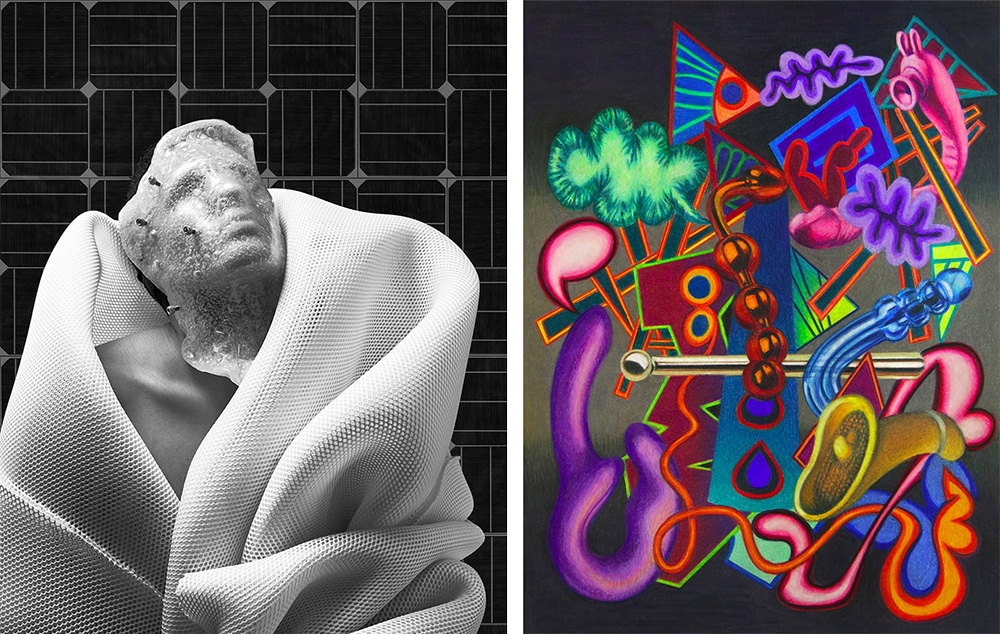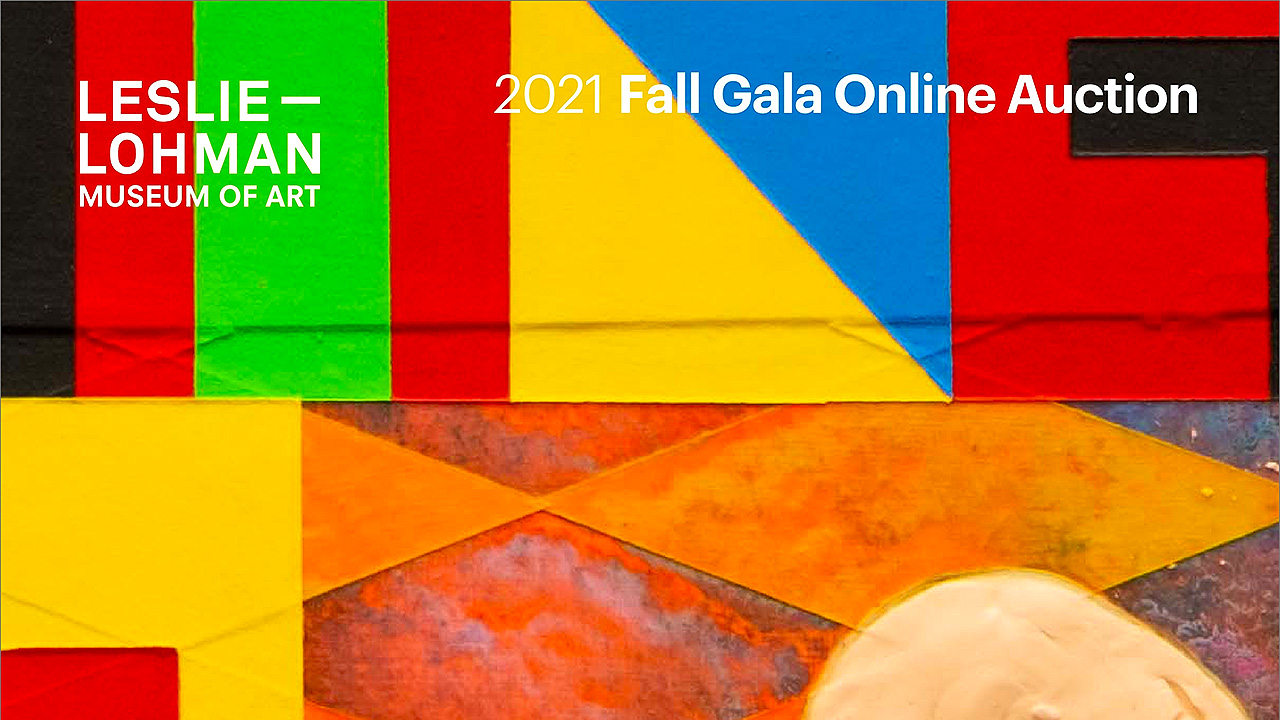Artists may see the value of their work rise considerably on secondary markets, but they’ll rarely see those profits or royalties. While efforts to fairly compensate artists at both initial sale and resale have been put forward — such as those by the Artists Equity Association and the California Resale Royalties Act — it’s taken blockchain technology and smart contracts to most promisingly address artists’ resale earnings.
On November 9, NYC’s Leslie-Lohman Museum of Art hosted its Fall 2021 Gala, which featured an online auction of work by LGBTQ+ artists. The sale was held in partnership with Fairchain, a digital transaction platform that provides title management and authentication services. Importantly, Fairchain also ensures that artists maintain residual rights to their work, meaning that artists whose works sold at the museum’s auction would receive 25 percent of sales proceeds and a percentage of all future resales.
Platforms like Fairchain provide artists with smart contracts that ensure they benefit from future sales. According to Max Kendrick, Co-Founder and CEO of Fairchain, “There’s definitely an undercurrent and a broader trend of people looking at using technology and services to address social challenges and economic market challenges in the art world.”
Likewise, a similar service, Feral File, offers smart contracts with consistent information on provenance, ensuring no future confusion surrounding copyright and ownership.

The auction featured works by emerging and established queer artists from Terrance James, Jr. (“Liquid Air to Drown in Space,” left) to Deborah Bright (“Club 82,” right). Images: Leslie-Lohman Museum of Art
Alyssa Nitchun, Executive Director of the Leslie-Lohman Museum of Art, says she wanted the partner with Fairchain for her first fundraising gala with the institution. “As we were starting to think about [the event],” she says, “I started hearing about Fairchain from so many different people that I respect.” More so, she was eager to ensure that as the museum fundraises, the participating artists are also well-compensated — now and into the future.
“Upfront, we ask artists to donate a work in support of the museum, but we want to make sure they also get resources from their work,” she says, noting that nonprofits are unlikely to stop the auction model as a means of fundraising. “In order to feel good about making that ask [for artists’ work], it has to be mutually beneficial to both the artist and the institution.”
For institutions dedicated to art, fair artist compensation should be a priority, one that’s greatly facilitated by the arrival of smart contracts. “The first step is giving a portion of each sale to the artists, making sure that they’re compensated for their labor, time, and the gift of their artwork,” Nitchun says. Ultimately, “it helps both sides feel better and get better work.”



